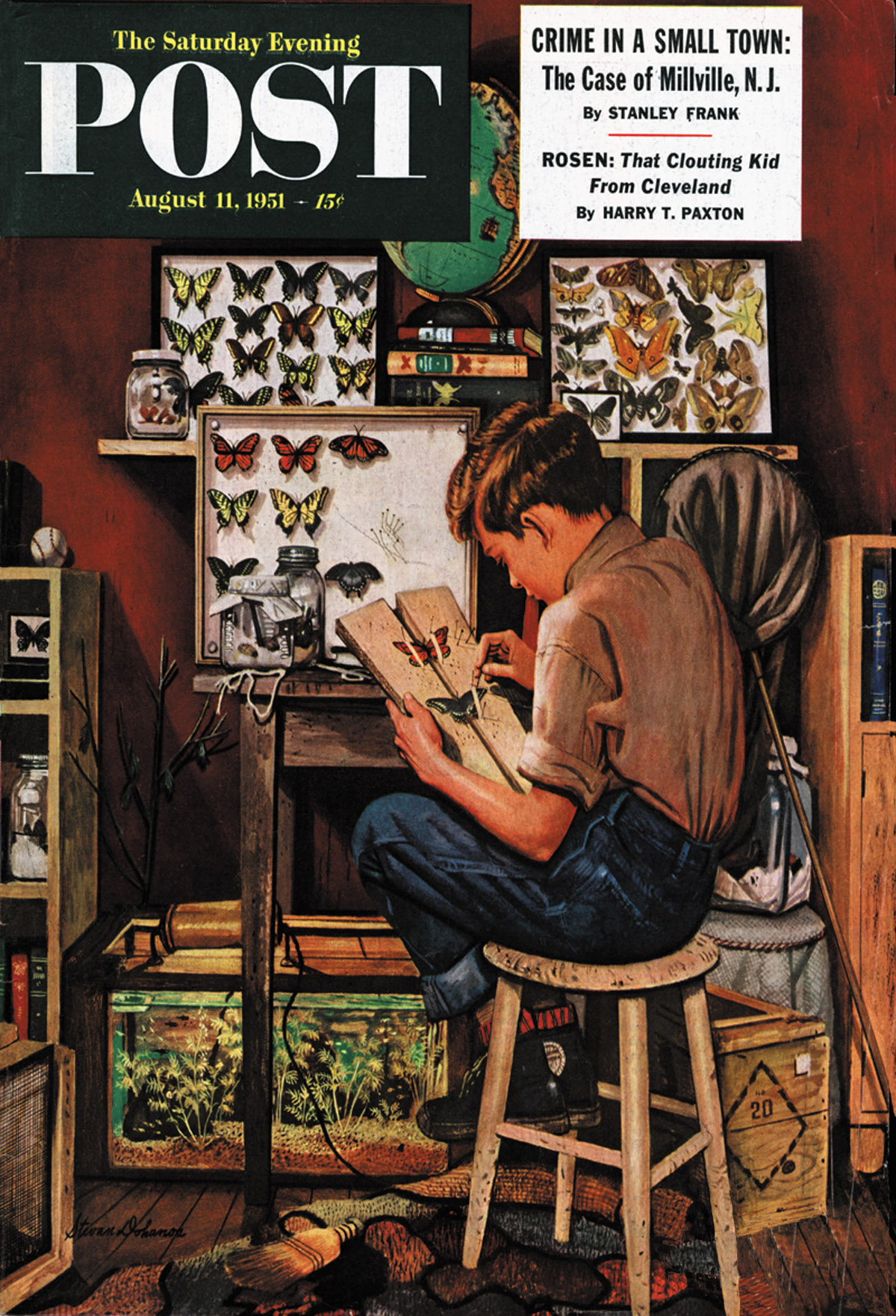Solitary Childhood Hobbies Linked to Academic Success and Lifelong Contentment
 More than anything actually learned in the classroom, the hobbies that children pursue are probably the best indicator of academic success in the years ahead. Reading is perhaps the most telltale. What students read on their own, beyond homework, will establish an enduring lifelong behavior.
More than anything actually learned in the classroom, the hobbies that children pursue are probably the best indicator of academic success in the years ahead. Reading is perhaps the most telltale. What students read on their own, beyond homework, will establish an enduring lifelong behavior.
Not if they read, but how much they read on their own, as well as the quality of the books. Those who read nonfiction in any area are cultivating an advantage that will payoff later, though challenging fiction will work as well. A pattern of self-education beyond mere entertainment-seeking and easy consumption is the reward.
It should come as no surprise that hobbies such as model airplane building, though fun and not difficult, teach patience, skills, and knowledge relating to the parts of a plane. History also comes into play. The same applies to building other types of models from kits.
Collecting achieves the same rewards. Stamp collecting has always been a favorite, but collecting butterflies, beetles, and moths has brought hours of solitary pleasure to children as well.
Reading, model building, collecting–all support a key academic trait, the skill of protracted attention. Students become intellectually equipped to solve chemistry problems, think through solutions in geometry, and write long essays and short stories. Adults have similar hobbies, such as gardening and darkroom photography, in which knowledge and technique is achieved slowly over time and by try and error.
The opposite, as you might have guessed, are hobby-like activities that demand instant gratification and little worthwhile knowledge. The Sesame Street world of quickly changing images, for example, provides little of the protracted attention of the hobbies mentioned above. Learning a musical instrument does, but not watching television entertainment. Video games can teach, but listening to rock music or watching sport events has little academic ballast.
Truth be told, the best learning takes place in solitude and quietude, not in a group, when the student is studying and thinking alone, not having attention dissipated by others.
As with all worthwhile education, good hobbies continue to give pleasure and interest over a lifetime, and the best of these are solitary as well, providing an earned sense of self-esteem and well-being.

 More than anything actually learned in the classroom, the hobbies that children pursue are probably the best indicator of academic success in the years ahead. Reading is perhaps the most telltale. What students read on their own, beyond homework, will establish an enduring lifelong behavior.
More than anything actually learned in the classroom, the hobbies that children pursue are probably the best indicator of academic success in the years ahead. Reading is perhaps the most telltale. What students read on their own, beyond homework, will establish an enduring lifelong behavior.